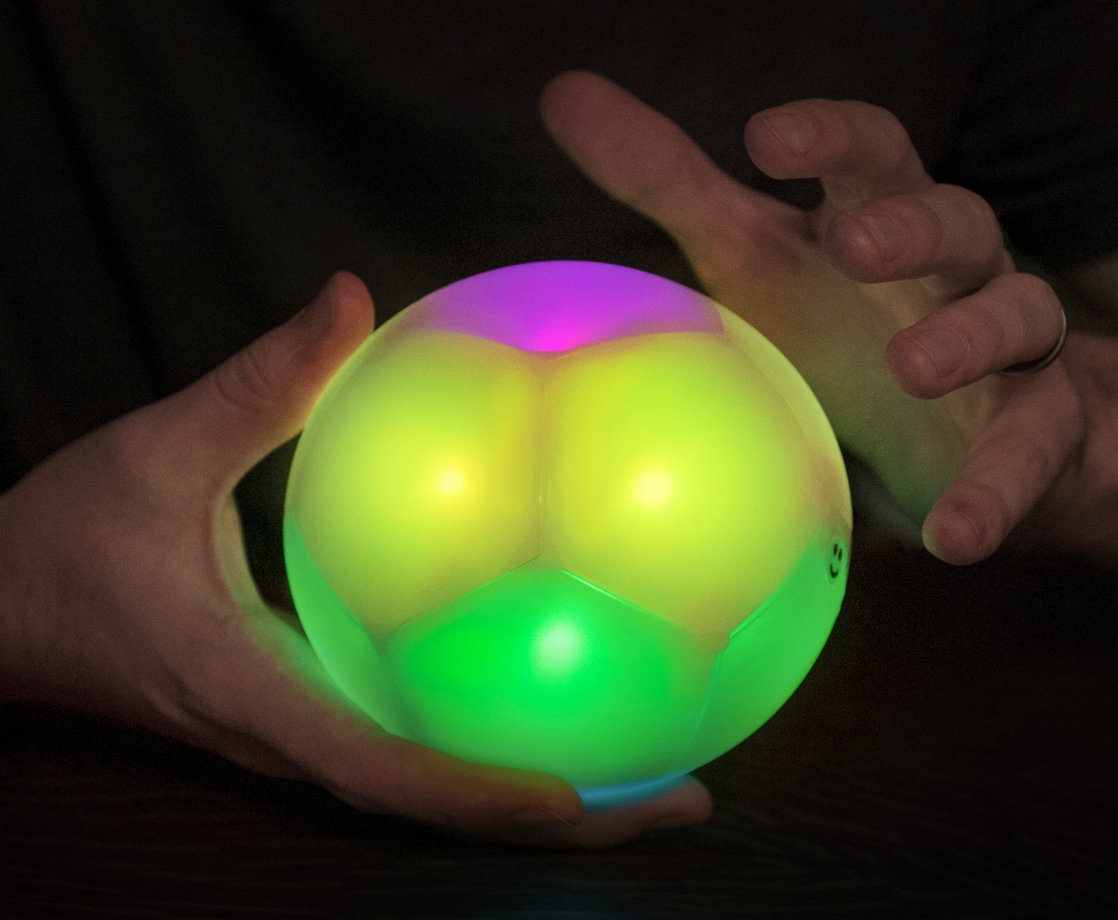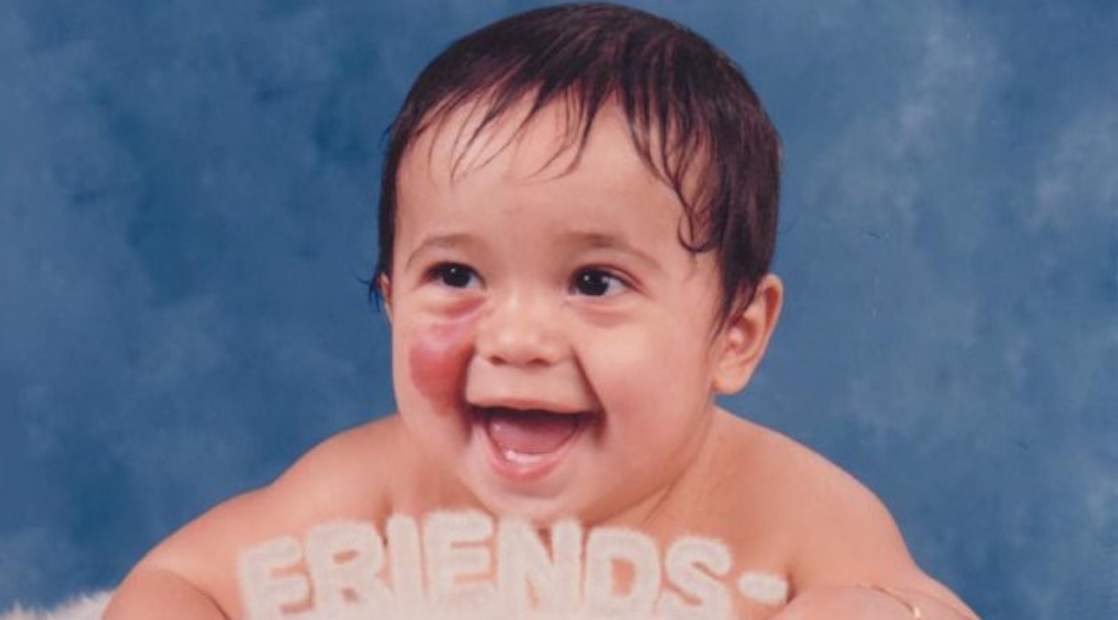A new study from Spain demonstrates that cannabis use doesn’t predict psychosis in adolescents, a rebuttal to recent scares that marijuana use leads to psychosis and violence.
The study, published in the journal Adicciones, looked at 1,588 teenage students in Spain. After controlling for several variables – such as socio-economic level, poly drug use, gender, age, IQ, and histories of behavioral issues – the researchers concluded that “psychotic-like experiences were not seen to be associated with cannabis use” in adolescents.
Cannabis could, however, affect whether a student developed psychosis-like symptoms when the other variables were considered. In other words, weed could make someone’s mental health worse, but only when the individual experienced other contributing factors, like living in poverty, being abused, or suffering from clinical depression.
Regardless, the researchers wrote, “These results suggest that the relationships established between psychotic-like experiences and cannabis are complex and mediated by relevant variables.” They called for “further studies,” especially ones that included genetic analyses.
The Spanish study’s results seem to contradict a European study from last March that claimed potent pot led to psychosis in heavy tokers. The European study has been criticized for only showing correlation and not causation, as it did not track subjects’ behaviors before and after they began consuming marijuana.
In January, New York Times best-selling author Alex Berenson claimed in his book, Tell Your Children, that marijuana legalization in Colorado and Washington state led to violent-crime spikes and surges in mental illness. However, Berenson has been accused of simply repackaging old Reefer Madness myths and grossly misrepresenting data.
Meanwhile, marijuana patients in the US aren’t falling for the “weed leads to psychosis” bait. According to one January report by the analytics firm CB2 Insights, most patients today use cannabis for treating or controlling issues related to mood or mental health disorders.
Follow Randy Robinson on Twitter











